Al has to work tomorrow so he can't comeHave to = used for strong advice, obligations, and rules;We use have to and must to express obligation There is a slight difference between the way we use them have to Have to shows us that the obligation comes from outside the speaker We have to wear a uniform when we're working in reception (Student to teacher) When do we have to hand in our homework?

What Is The Difference Between Home Health Hospice Care Vitas Healthcare
Should be and must be difference
Should be and must be difference-"have to" form and structureWhat is the difference between J'ai n'ai pas encore reçu la lettre and Je n'ai toujours pas reçu What is the difference between what are the differences these words lumber, timber, log and wood?
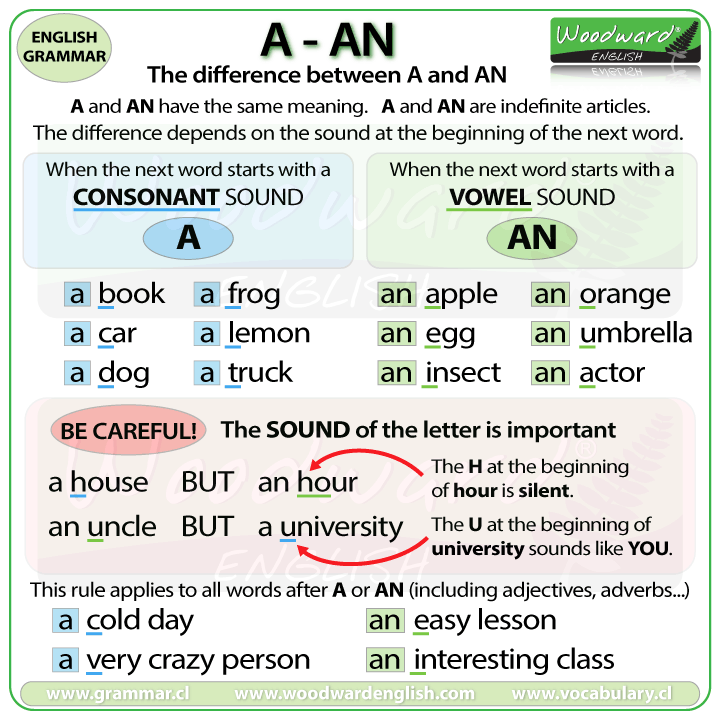



Articles Definite Indefinite And No Article English Grammar
Synonym for Must In some cases they are similar These sentences are all similar, but they are slightly different I have to do my homework = I have no choice Doing the homework is required If I do not do my homework there may be consequences I must do my homework = The same meaning as "have to" but it sounds more formal It is less common to use "must" inIt's used in orders Should is weaker; "Have to" and "must" are very similar in meaning and can often times be used interchangeably You can say "She must go to the store" and "She has to go to the store" The meanings here are the same As such, many people use them in this way with no distinction
We use have to / must / should infinitive to talk about obligation, things that are necessary to do, or to give advice about things that are a good idea to do Mus t and have to are both used for obligation and are often quite similar They are both followed by the infinitive I must go nowAs verbs the difference between must and need is that must is to do with certainty;(indicates that the speaker is certain that the subject will have executed the predicate) or must can be to make musty while will is (archaic) to wish, desire or will can be (raretransitive) to wish, desire (something) As nouns the difference between must and will is that must is something that is
Using have to, supposed to, and ought to Using have to, supposed to, and ought to Have to is the same as must It implies that you don't have a choice John has to go to work everyday The students have to study tonight To be supposed to means an obligation It is something that you should do, or something that another person expects you to doMust, have toand have got toare all used to express obligationor theneed to do something They can be used interchangeably in the present tense, except that mustsuggests that it is the speakerTake this English lesson to learn how to use these modal verbs and to see some reallife examplesH




Sql Vs Mysql A Simple Guide To The Differences 21
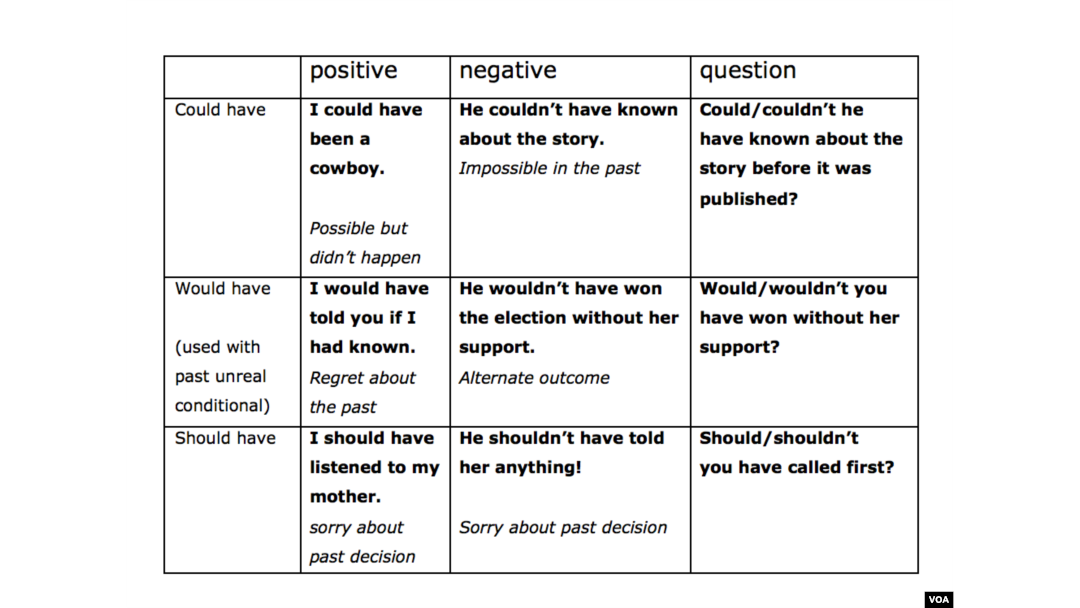



Could Have Would Have And Should Have
Hello, "have to" usually expresses an obligation from the outside, eg rules, law etc whereas "must" expresses a "personnal" obligation Moreover, "must" also expresses a logical obligation "It's snowing, it must be cold outside" 1)a) is stronger than 1)b), which means that, all considered, something is wrongThe difference between MUST and HAVE TO in English with example sentencesWe start by looking at the difference in meaning between I must write a letter toBy most modern understandings, have to and must imply compulsion, should implies obligation without compulsion, and shall implies firm intention or commitment or is just used in place of will to lend a certain air to the text or speech In contracts, standard documentation and various other specialised usages have their own understandings of the term



3
/what-is-the-difference-between-hispanic-vs-latino-5082005_final2-69bdf26e46b34eecbed1f1c559d1a32e.png)



What Is The Difference Between Hispanic Vs Latino
You just clipped your first slide!The verbs need, have to, and must are all synonyms of one another and are used to mean that something is necessary or required But they each have slightly different connotations and uses Need, when followed by to and a verb, is the narrowest of the three verbs It is most often used to say that an action should be done There is a small difference between how we use the semimodal verb had better compared to other modal verbs like have to/must or should had better = used for strong advice;



Should Vs Must In English English Study Here




Has Vs Have Proper Grammar Rules
Must, need to, and have to are similar modal forms in English Learn the differences and when to use each, and then test your knowledge Want to know the difference between "have to" and "must"?Must expresses an opinion an inference, a conclusion, based on known details Must have expresses an opinion about an earlier (past) situation A CONCLUSION The car driver must have panicked when he saw the buses moving in on both sides The bus passengers must have heard a crunch (sound) The car passengers must have escaped out the back (No other exits




504 Plan Vs Iep 6 Important Differences Between The Two A Day In Our Shoes




Difference Between Must And Most With Table
Should vs Ought to vs Must Should, ought to and must are auxiliaries with very subtle differences in their meanings Through this grammar article, let us understand when and how to use each of these 247 min read 15,6 Views Ramya Shankar —Must vs have to Must e have to expressam uma obrigação, uma necessidade, mas existem pequenas diferenças • Must expressa os sentimentos do locutor, enquanto have to expressa, sobretudo, uma ideia impessoal You must come Você tem que vir (pedido feito pelo locutor) You have to come Você tem que vir (é um regulamento)Have to, must Have to is NOT an auxiliary verb (it uses the verb have as a main verb) We include have to here for convenience Must is a modal auxiliary verb In this lesson we look at have to, must and must not, followed by a quiz to check your understanding have to



1
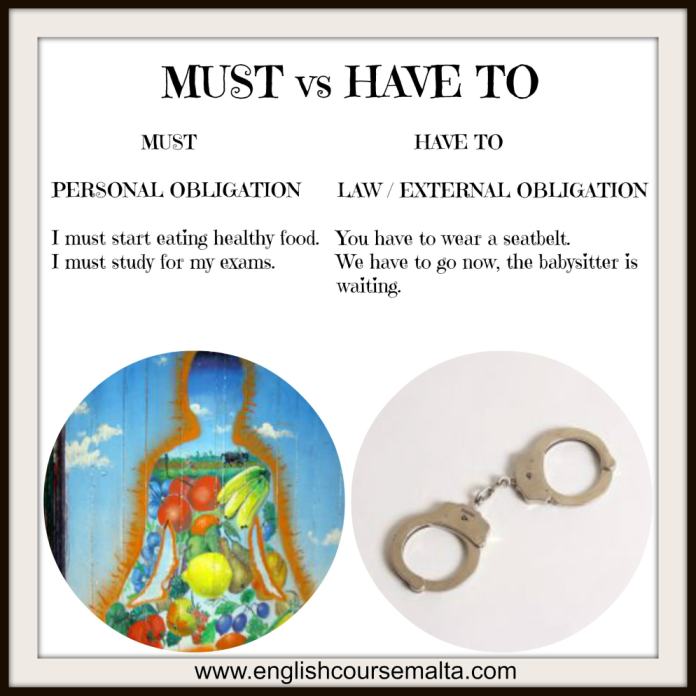



Must Vs Have To Infographic English Course Malta
"Have to' is more common, especially in North America, but in the UK there is a subtle difference 'must' is used for internal obligation and 'have to' is used for external obligation For example I have to take these pills twice a day (the doctor told me to) I must study harder (this comes from my own motivation) In English, there is clear difference in the meaning of the following expressions I must know the law I need to know the rules I have to know theMust vs Have to Learn about difference between must and have to;




Modal Verbs I Must Have To Dont Have



Using Must And Have To In English English Study Here
4 "Have to" implies the necessity behind the requirement of doing a particular task ''Should'' finds usage to refer to an ethical responsibility While ''have to'' sounds more like a compulsion to which there may even be penalty / punishment, ''should'' signifies the onus of doing something that may display how responsible someone is Need To vs Have To • Both Have to and Need to express urgency and used when something has to be done • 'Need to' indicates a need and reflects the fact there is some benefit if the task is completed or done • Have to indicates an obligation such as a requirement by law Need to vs have to vs must can be used as synonyms Sometimes That's the good news Generally, they all mean that you're talking about a responsibility, an obligation, or something that is important to do This is where they are similar In positive sentences




Method Overloading And Method Overriding In Java




The Difference Between Must Have To Shall Need And May
Must is a modal auxiliary verb, and have to is a simple auxiliary that is used just like a modal verb, but it's not a modal verb The reason why we are learning it together is that both these verbs have similar functions In this article, I'll help you master all the differences between must and have to, and how to use these verbsIt's used in advice Plus, quite often, must obligations come from outside (fate, weather, boss, parents, mullah somebody or something who or which can enforce the order), while should obligations come from your own conscience, or from people who seem to care about youClipping is a handy way to collect important slides you want to go back to later Now customize the name of a clipboard to store your clips




What S The Difference Must Vs Have To Must Not Vs Don T Have To 7 E S L Teaching English Grammar English Language Learning Learn English Grammar



To Be Happy In Life You Must Learn The Difference Between What You Want Vs Need Inspirational Quote Quotespictures Com
"I must" is in the present tense and means you have to do something "I had to" is in the past tense and it is something you were obliged to do and had already done 'Have to' and 'must' are both used to express obligation To use them correctly, you have to decide where(indicates that the speaker is certain that the subject will have executed the predicate) or must can be to make musty while need is to be necessary (to someone) As nouns the difference between must and need is that must is something that is mandatory or required or must can be the property ofCan vs Be Able To With Tenses 3 Can vs Could Exercise 4 Can Can't Exercises 567 Mustn't vs Don't Have to Exercises 1 / 2 / 3 10 Must vs Have to / Has to Exercises 1 / 2 / 3 11 Must / Mustn't / Needn't / Have to 1213 Modals With Passive Voice 1 / 2 14 Mustn't vs Needn't vs Can't Similar Exercises MODALS V3 Practice Test Ought to
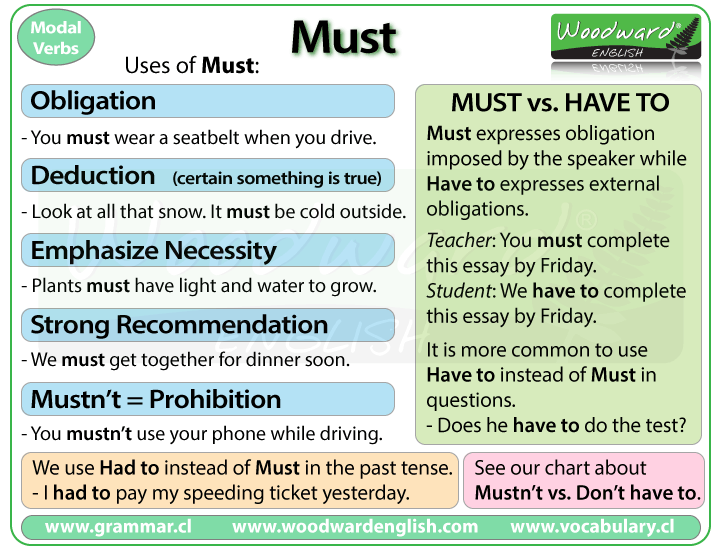



Must English Grammar




What Is The Difference Between Home Health Hospice Care Vitas Healthcare
Has and have are different conjugations of the verb to have Have has to do with possession, and to have something is to be in possession of it I have a pencil Has and have sometimes get confused with each other in people's writing–but more often in speech–because have is an irregular verb It, therefore, doesn't take the usual verb endings of other English verbsWhat is the difference between hope everything goes well and hope everything's going well ?Had better is used




Spring Water Vs Purified Water Which Is The Best For You
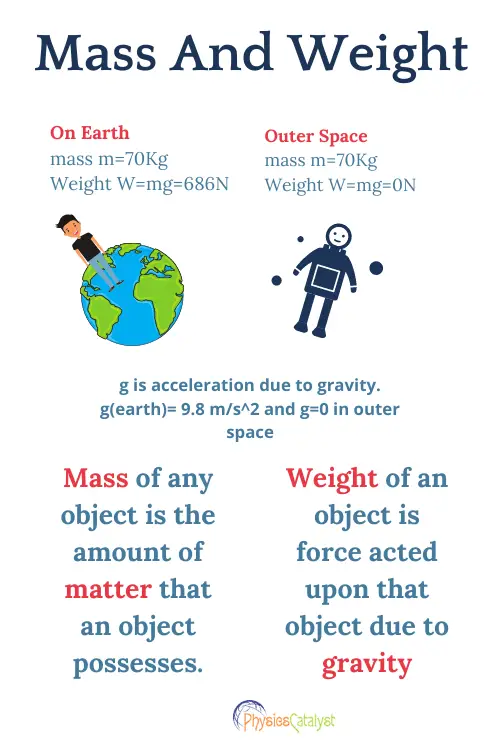



What Is The Difference Between Mass And Weight Physicscatalyst S Blog
Must vs have to • Must expresses the speaker's feelings, whereas have to expresses, above all, an impersonal idea You must come You • Have to mainly expresses general obligations, while must is used for specific obligations I have to brush my teeth • Mustn'tHave to contrasts with must in that it usually expresses an obligation imposed by someone other than the speaker Had to is the past tense of have to and may be used in cases where a past equivalent of must is required Need to is used where there is not such a strong obligation, but where completing the action will satisfy a particular Difference Between Should and Must Should vs Must The words "should" and "must" are modal auxiliary verbs or simply modals They provide information about the function of the main verb following it Both "should" and "must" are similar in meaning except that "must" is a much stronger word as compared to "should" "Should" is the past tense of "shall" "Should




Test English Prepare For Your English Exam




English Grammar Je Parle English
Whereas, how to use them in everyday conversation Now the question will arise that how the one can recognize the difference between them So the one should not worry because in this article must vs have to have been explained along with few steps through following examplesBe careful with the negative of Must and Have to There is a BIG difference in meaning between Mustn't and Don't have to Mustn't means something is prohibited or it is not allowed It is important that you do NOT do something Don't have to means there isMust = used for strong advice, obligation, and rules;




What Is The Difference Between Must Mustn T And Have To Don T Have To Must Mustn T Vs Have To Don T Have To Hinative




Must Vs Have To What Is The Difference Youtube
Should = used for give advice (not as strong as the words above); Introduce the grammar by having the students take a look at the grammar sheet below Discuss the differences between 'have to' and 'must' in the positive form Make sure to point out that 'have to' is used for daily routines while 'must' is used for strong personal obligation Discuss the differences between 'don't have to' and 'mustn't' There is a big difference between telling someone "You mustn't drink alcohol" and telling him "You don't have to drink alcohol" Meaning Must not means that the action is illegal or dangerous If I overhear the first speaker, I think this is a doctor telling someone that his health will be ruined if alcohol crosses his lips




The Difference Between Must Have To Shall Need And May
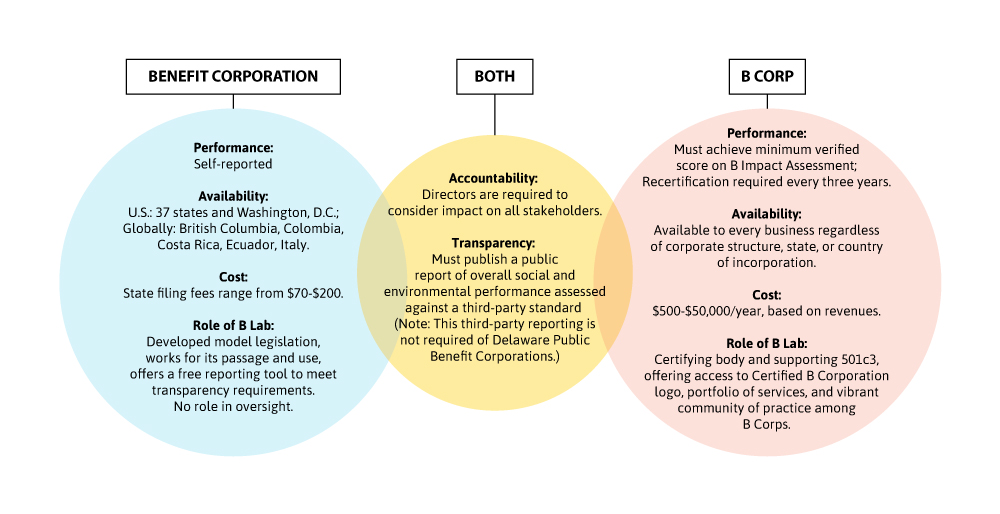



What S The Difference Between A B Corp And A Benefit Corporation Socap Global
This question was posted by Andie, but was accidentally deleted I'm looking for clear examples to illustrate the difference between "have to" and "must" It is clear to me that you use "have to" when there's an obligation that is imposed from outside (lawsrules), whereas "must" expresses what the speaker thinks is necessary But browsing through different books I've found "I must" is in the present tense and means you have to do something "I had to" is in the past tense and it is something you were obliged to do and had already done 'Have to' and 'must ' are both used to express obligation To use them correctly, you have to decide where the obligation comes from AnonymousAThis must be from your new camera B This must have been from your new cameraNeed context If part of your camera falls on the floor, and your friend picks it up, use A (It wll always be a piece from your new camera at




Must Vs Have To Build Up Your English Facebook




Difference Between Ought To And Need To With Table
There is a small difference between the meaning of "have to" and "must" and it is a different type of obligation "have to" expresses objective obligation and "must" expresses subjective obligation So, What's the difference?As verbs the difference between must and will is that must is to do with certainty; What is the difference between trade and transaction ?




Difference Between Must And Have To With Examples And Comparison Chart Key Differences




Must And Have To Exercises
I'm going to explain each of this in more detail Let's start with;




The Difference Between Must Not And Don T Have To Youtube
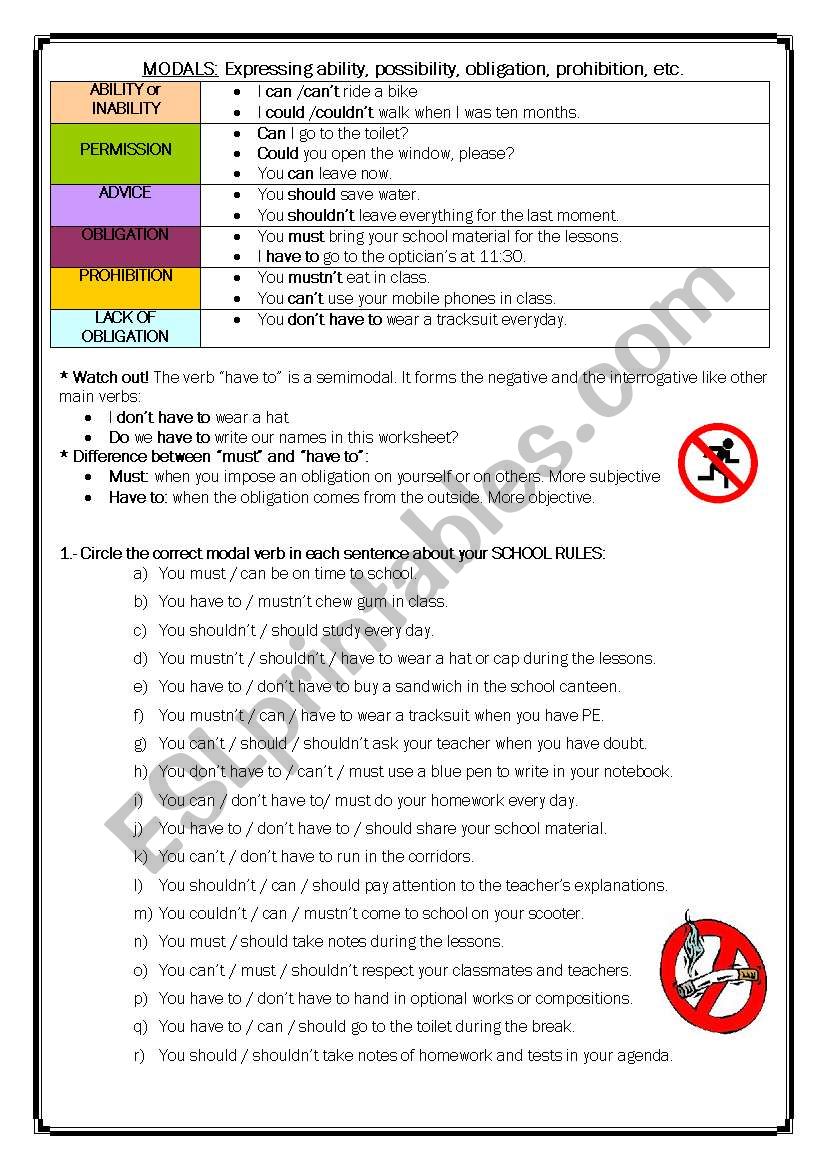



Should And Must Difference




Have To Vs Need To Vs Must What S The Difference In English




Cna Vs Rn Career Paths Infographic Goodwin College




Articles Definite Indefinite And No Article English Grammar




The Difference Between Must And Have To In English We Also Look Have To Vs Have Got To Inc In 21 Learn English English Language Teaching English Teacher Resources



Difference Between Must And Have To




Must Vs Have To Learn The Difference How To Use Modal Verbs In English Happy English Free English Lessons




Will Vs Going To Differences Between Will And Going To 7esl
/contingent-vs-pending-in-real-estate-4773911-final-04d2f8c644674f2099c92ae36f501346.png)



Contingent Vs Pending Offers What S The Difference
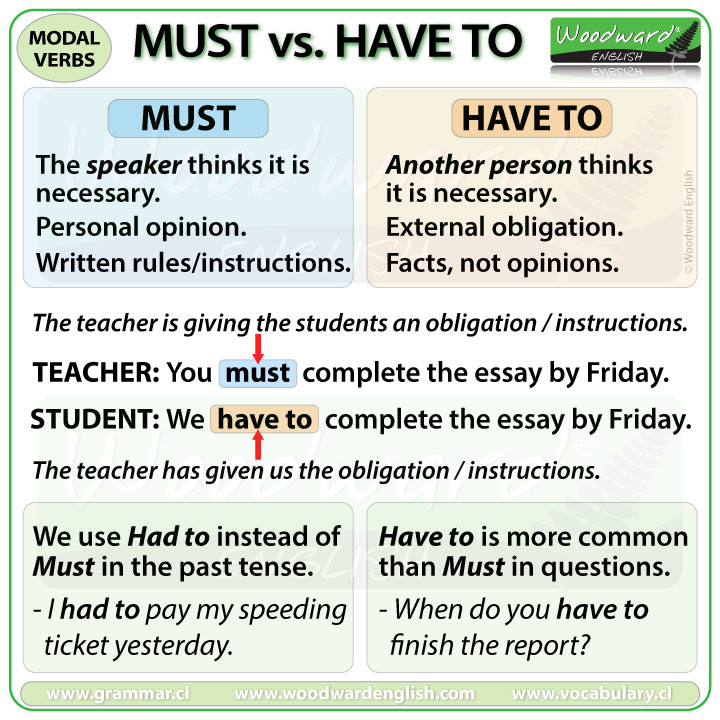



Must Vs Have To Woodward English




The Difference Between Must And Have To Must Vs Have To Video




Revising Vs Editing What S The Difference



1




The Difference Between Must Have To Shall Need And May



Difference Between Have To And Must Difference Between




The Difference Between Must Have To Shall Need And May




Will Vs Going To Differences Between Will And Going To 7esl




Which Vs That Is There A Difference Between Which And That
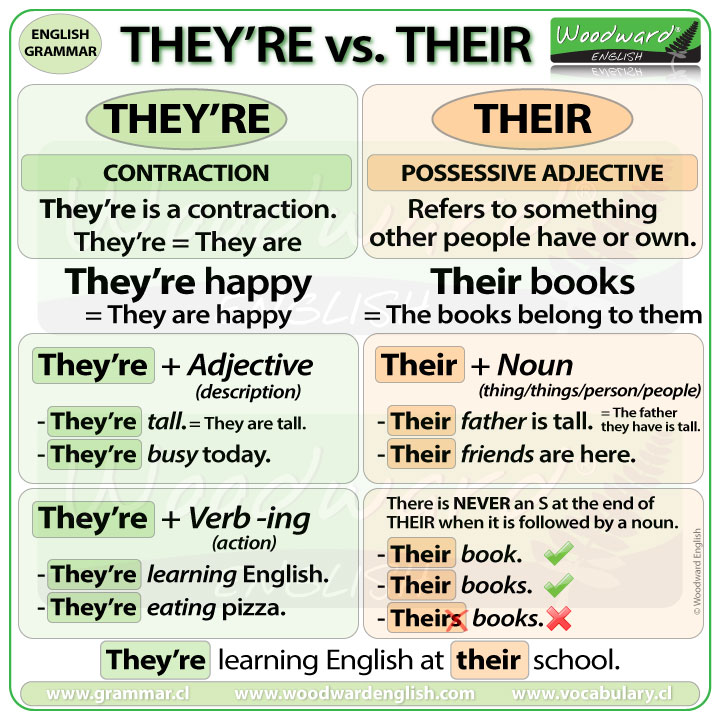



There Their They Re Difference English Grammar




Have To Vs Must Watch This Video To Finally Learn The Difference




Have To Vs Need To Vs Must What S The Difference In English




Difference Between Must And Have To With Table
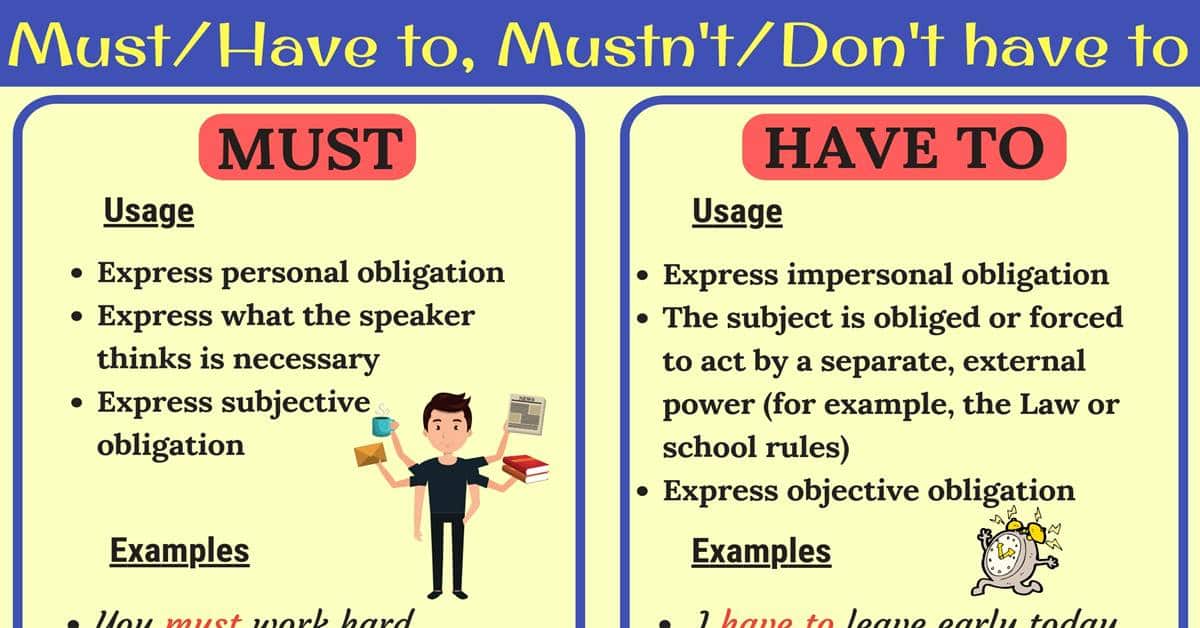



Must Vs Have To Must Not Vs Don T Have To 7esl




Must And Have To Difference A Free Guide Post



1
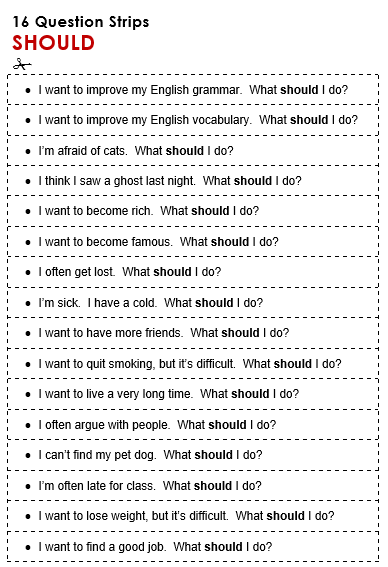



Should All Things Grammar
/suspended-vs-revoked-license-f73910d7566b4a96bf58f103fad3c6a6.png)



What S The Difference Between A Suspended And A Revoked License




Guilt Vs Shame Why You Need To Know The Difference To Heal Vidya Sury Collecting Smiles




Has Vs Have How To Use Have Vs Has With Useful Examples 7esl




I0 Wp Com Www Eslbuzz Com Wp Content Uploads




Have And Must Difference




The Difference Between Must Have To Shall Need And May
/sign-warning-people-of-fines-for-feeding-wildlife-in-a-park-at-arakoon-in-new-south-wales--australia-847527992-5bc9d8c246e0fb0026d028e0.jpg)



How To Use Must Have To And Need To In English




Hiking Vs Trekking What S The Difference Adventures Com
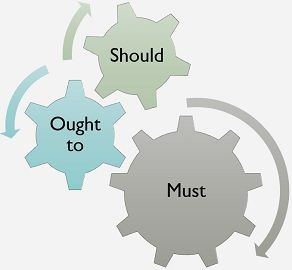



Difference Between Should Ought To And Must With Example And Comparison Chart Key Differences
/marketing-vs-advertising-what-s-the-difference-2294825-FINAL-5bec5a9ac9e77c00519466cd.jpg)



Differentiating Marketing From Advertising
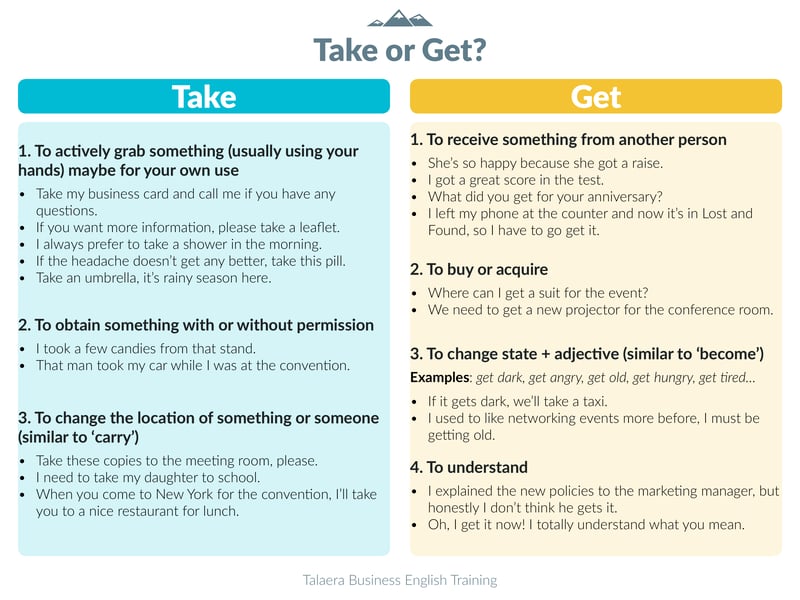



Take Vs Get Includes Examples And Exercises




Commonly Confused Words In English Grammar Rules And Examples Eslbuzz Learning English
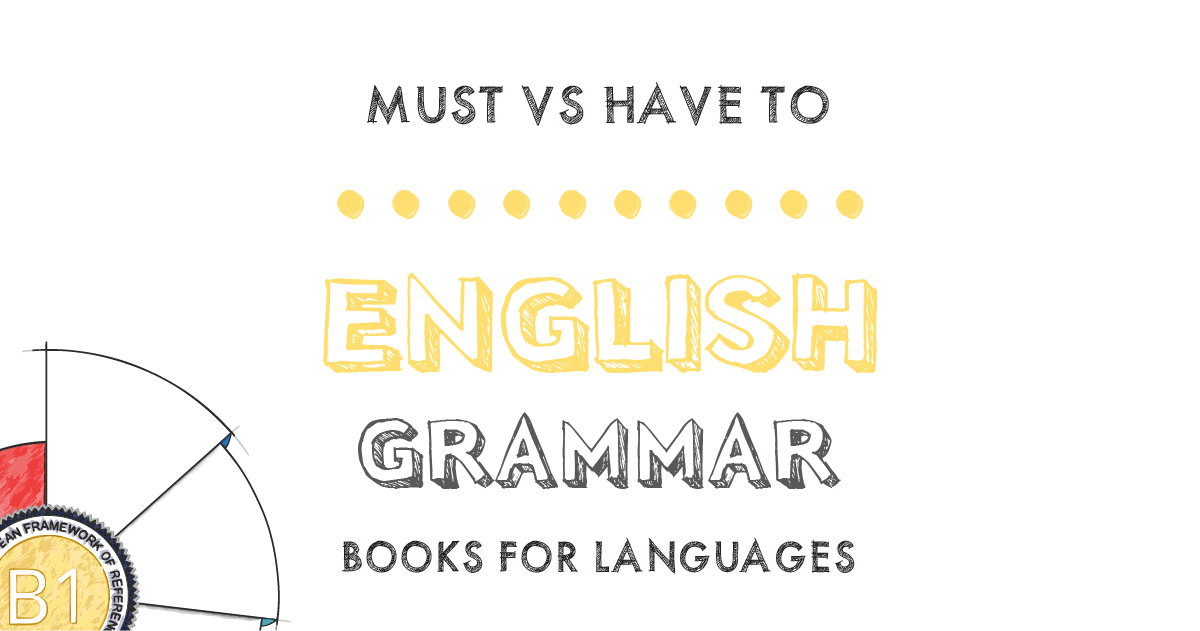



Must Vs Have To English Grammar B1 Level




Have To Vs Must Watch This Video To Finally Learn The Difference




Must And Have To Difference A Free Guide Post
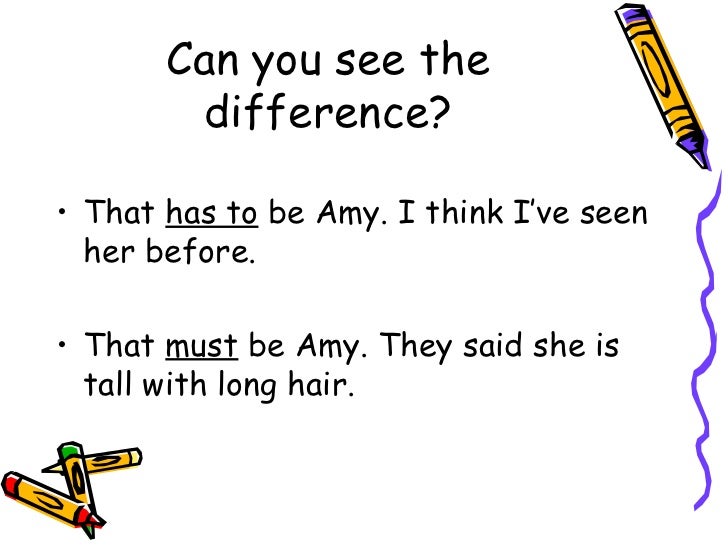



Have To Vs Must
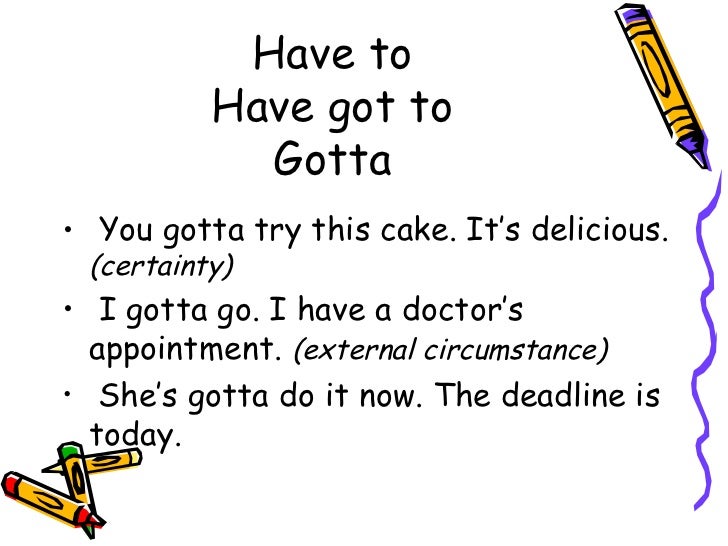



Have To Vs Must




Must Vs Have To Modal Verbs Difference Between Must And Have To Grammar Lesson Spokenenglishcorner




Must Vs Have To




Mustn T Vs Don T Have To What Is The Difference Youtube




Must English Grammar English Grammar English Verbs English Language Learning




Test English Prepare For Your English Exam




Can Vs Could What Is The Difference Shakespeare S English
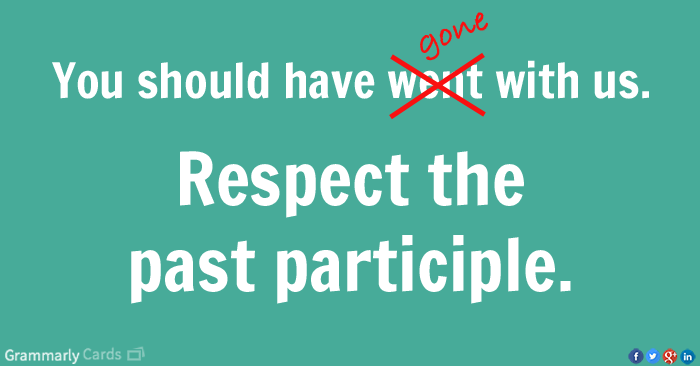



Went Vs Gone Learn The Difference In Under A Minute Grammarly




Must Vs Have To Build Up Your English Facebook



Difference Between Have To And Must Difference Between




Difference Between Antivirus And Antimalware Do I Need Both Panda Security Mediacenter
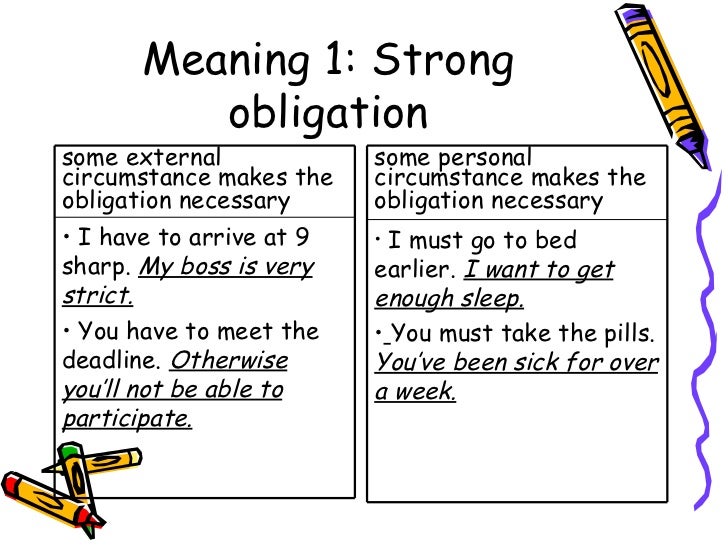



Have To Vs Must
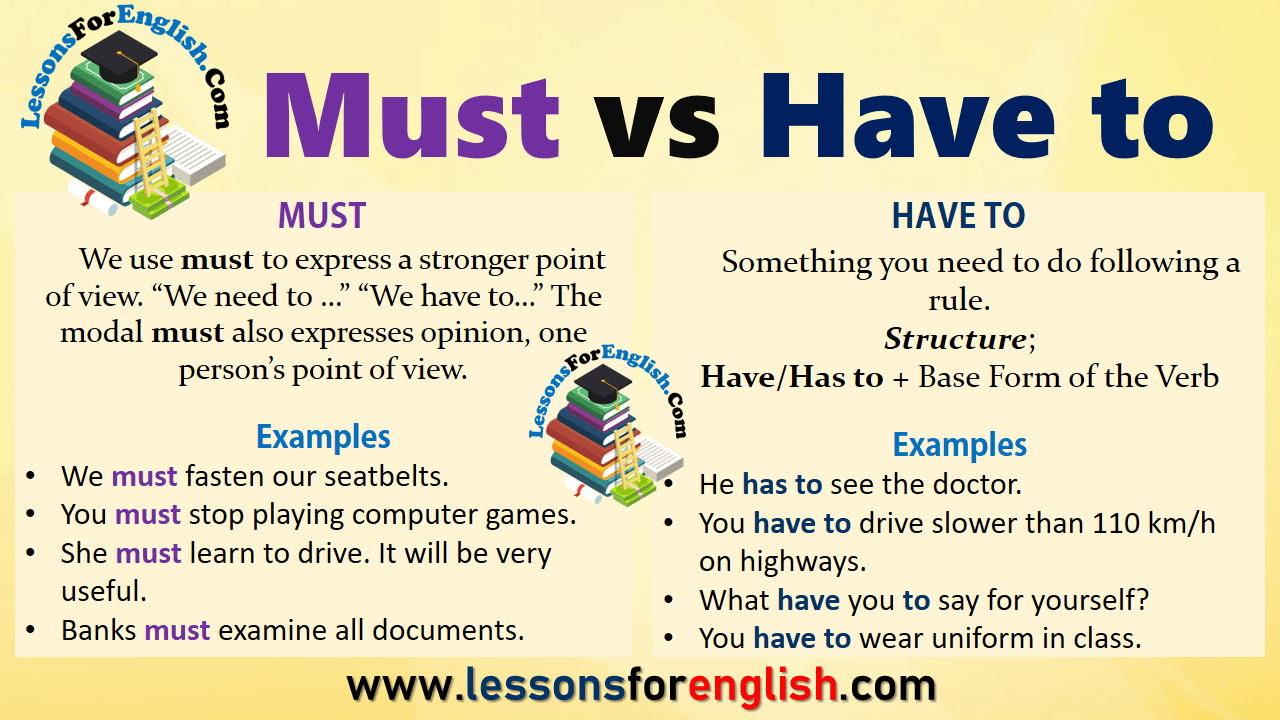



Must Vs Have To In English Vocabulary Home
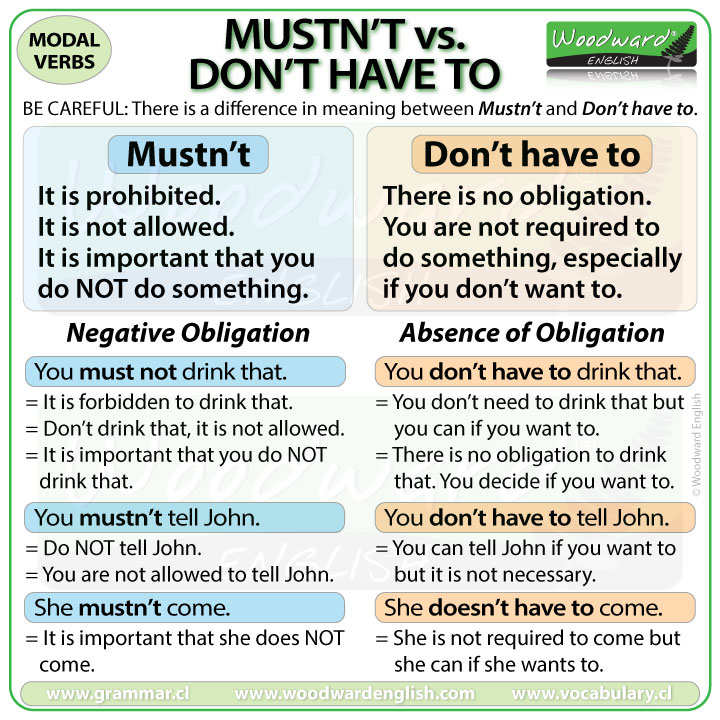



Mustn T Vs Don T Have To Woodward English



What S The Difference Must Not Vs Don T Have To Pela




Should Must Have To




Mustn T Vs Don T Have To What Is The Difference Youtube
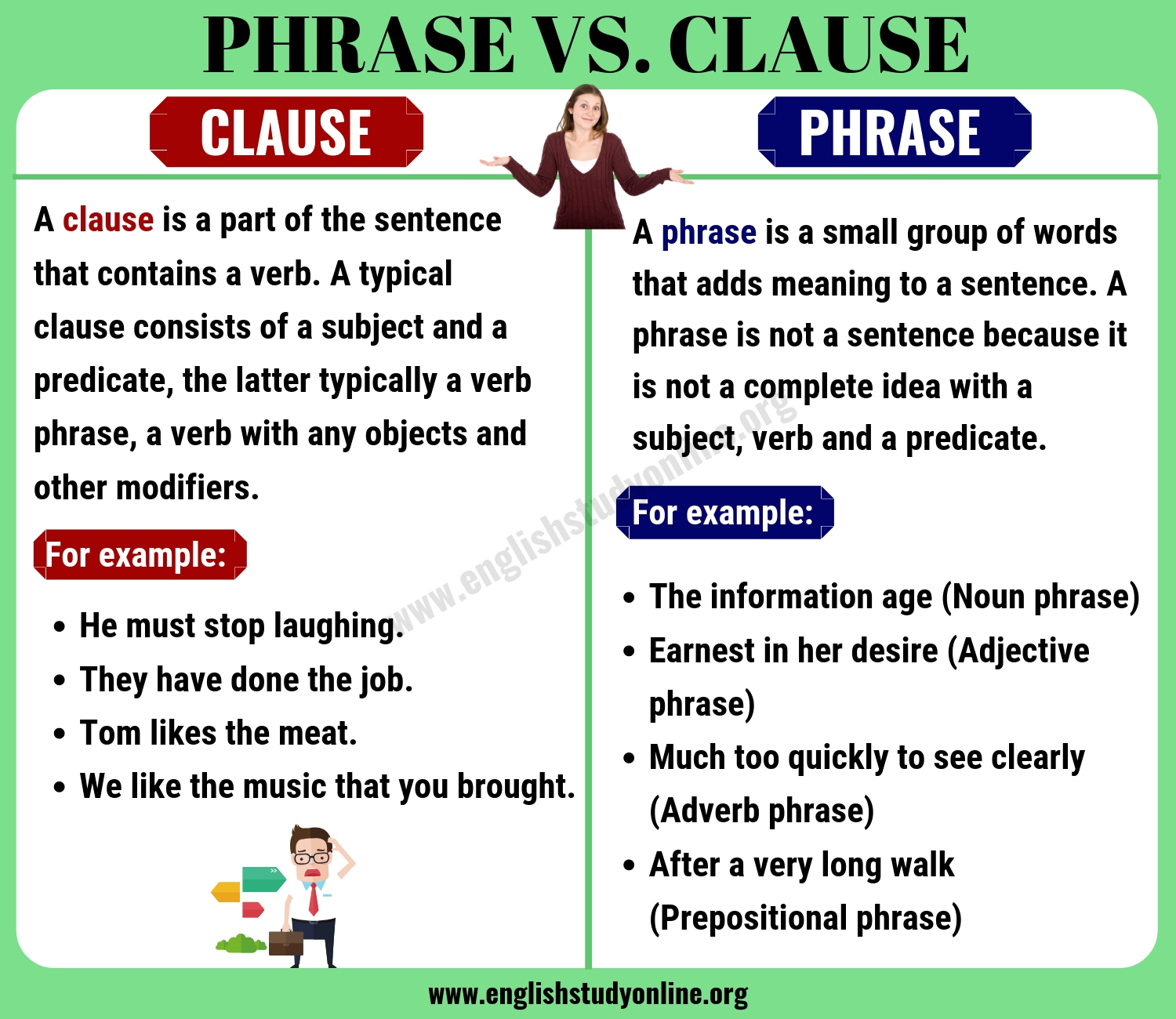



Phrase Vs Clause What Is The Difference Between Clause And Phrase English Study Online




Urgent Care Vs Emergency Care A Difference You Must Know




Unit 9 Grammar Modals Of Necessity 1 Have To And Must Ppt Download




Must Vs Have To




Which Vs That Is There A Difference Between Which And That
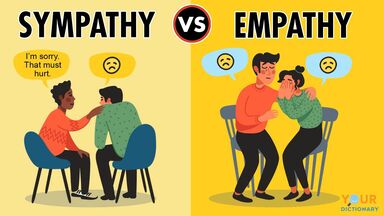



What S The Difference Between Sympathy And Empathy




The Difference Between A Chiropractor And A Physical Therapist Discover Health And Wellness




Much Vs Many Difference Between Many Vs Much With Useful Examples Eslbuzz Learning English




English Fluency Must Vs Have To 7esl Com Difference Must Vs Have To Must Not Vs Dont Have To Facebook




Must Vs Have To What Is The Difference Youtube




Have To Vs Must Cute766




127shares Learn The Differences Between Must Vs Have To And Mustn T Vs Don T Doesn T Have To You Can J Learn English Learn English For Free English Writing




The Difference Had Better Vs Have To Must Should English Modals




Difference Between Digital Health Digital Medicine And Dtx Products Download Scientific Diagram


